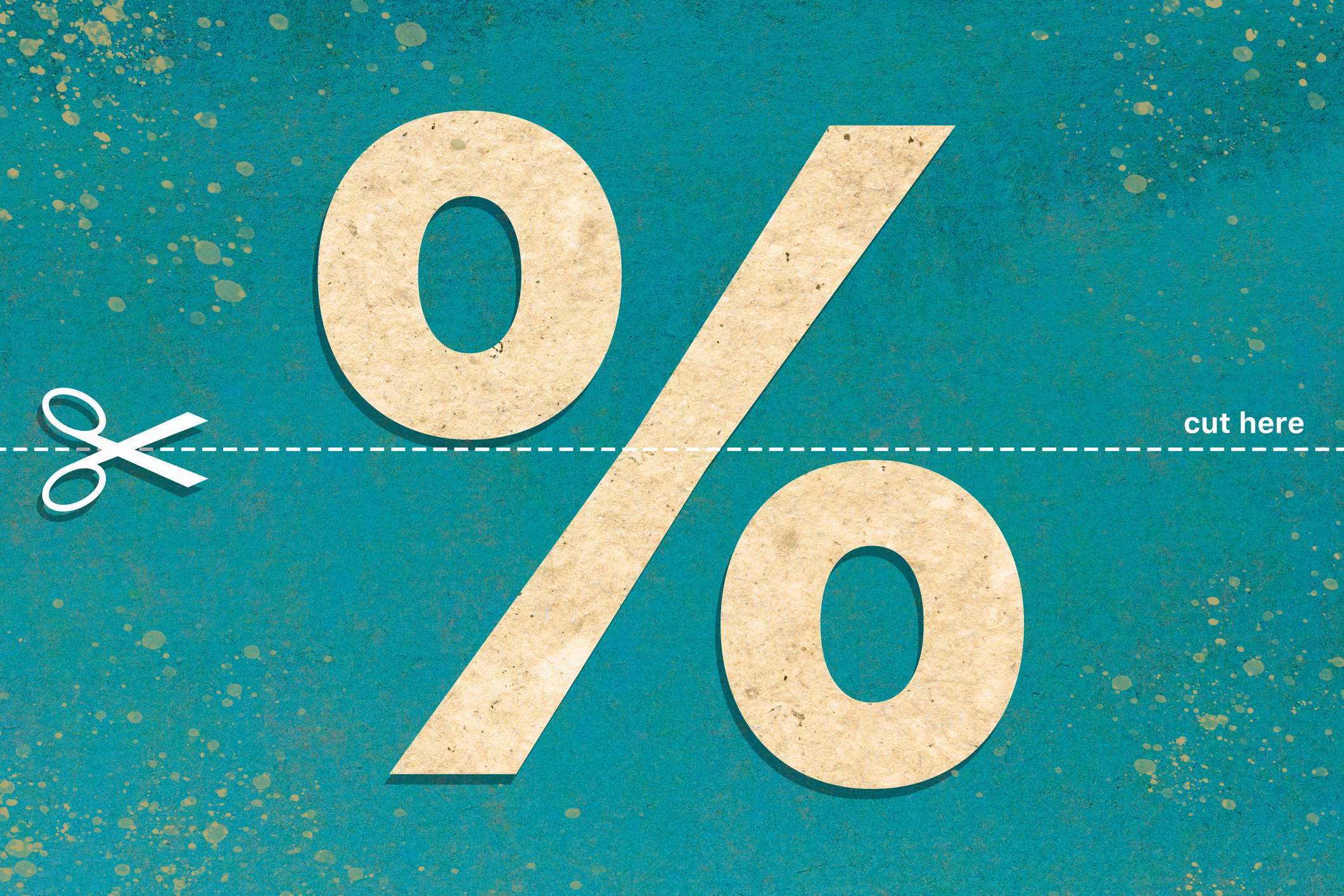Money-Market Funds Offering Juicier Yields
Beware, however: They are not protected from losses by the Federal Deposit Insurance Corp.


Profit and prosper with the best of Kiplinger's advice on investing, taxes, retirement, personal finance and much more. Delivered daily. Enter your email in the box and click Sign Me Up.
You are now subscribed
Your newsletter sign-up was successful
Want to add more newsletters?
For years, money market mutual funds have paid practically nothing. But each time the Federal Reserve lifts short-term interest rates, yields on money market funds tend to rise in tandem. “That’s one of their most attractive qualities,” says Peter Crane, president of Crane Data, a money fund research company. Many money funds yield more than 1%, and Crane expects yields on some funds to surpass 2% this summer. Rates on savings accounts from banks have also been increasing but have not kept pace with Fed rate hikes.
Money market funds invest in high-quality, short-term securities, such as Treasury bills, commercial paper and certificates of deposit. Although they carry little risk, they are not protected from losses by the Federal Deposit Insurance Corp. Cash that must be in a safe place, such as an emergency fund, is best stashed in an FDIC-insured bank account. Money funds provide a convenient holding place for cash in, say, a linked brokerage account.
You are more likely to get a higher payout if you invest in a money fund with low expenses. Vanguard Prime Money Market Investor (VMMXX) yielding 1.6%, has an expense ratio of 0.16%. Taxable money funds generally offer higher yields than tax-free municipal money funds. But if you’re in one of the top federal income tax brackets and live in a state with high income taxes, you may come out ahead with a tax-free fund. Look at the taxable-equivalent yield - the yield you’d need to earn on a comparable taxable fund after paying taxes to match the yield of the tax-free fund. For example, Vanguard Municipal Money Market (VMSXX) yields 1.10%, which is a taxable-equivalent yield of 1.75% for an investor in the 37% federal tax bracket.
From just $107.88 $24.99 for Kiplinger Personal Finance
Become a smarter, better informed investor. Subscribe from just $107.88 $24.99, plus get up to 4 Special Issues

Sign up for Kiplinger’s Free Newsletters
Profit and prosper with the best of expert advice on investing, taxes, retirement, personal finance and more - straight to your e-mail.
Profit and prosper with the best of expert advice - straight to your e-mail.
Profit and prosper with the best of Kiplinger's advice on investing, taxes, retirement, personal finance and much more. Delivered daily. Enter your email in the box and click Sign Me Up.

Lisa has been the editor of Kiplinger Personal Finance since June 2023. Previously, she spent more than a decade reporting and writing for the magazine on a variety of topics, including credit, banking and retirement. She has shared her expertise as a guest on the Today Show, CNN, Fox, NPR, Cheddar and many other media outlets around the nation. Lisa graduated from Ball State University and received the school’s “Graduate of the Last Decade” award in 2014. A military spouse, she has moved around the U.S. and currently lives in the Philadelphia area with her husband and two sons.
-
 Timeless Trips for Solo Travelers
Timeless Trips for Solo TravelersHow to find a getaway that suits your style.
-
 A Top Vanguard ETF Pick Outperforms on International Strength
A Top Vanguard ETF Pick Outperforms on International StrengthA weakening dollar and lower interest rates lifted international stocks, which was good news for one of our favorite exchange-traded funds.
-
 Is There Such a Thing As a Safe Stock? 17 Safe-Enough Ideas
Is There Such a Thing As a Safe Stock? 17 Safe-Enough IdeasNo stock is completely safe, but we can make educated guesses about which ones are likely to provide smooth sailing.
-
 More Tools to Build a Bond Ladder
More Tools to Build a Bond LadderVanguard aims to launch a line of target-maturity corporate bond ETFs.
-
 Vanguard Cuts Fund Fees Again. Here's Why That's Important for You
Vanguard Cuts Fund Fees Again. Here's Why That's Important for YouVanguard recently cut fees on dozens of ETFs and mutual funds, which is great news for investors. Here's why.
-
 Big Change Coming to the Federal Reserve
Big Change Coming to the Federal ReserveThe Lette A new chairman of the Federal Reserve has been named. What will this mean for the economy?
-
 Job Growth Sizzled to Start the Year. Here's Why It's Unlikely to Impact Interest Rates
Job Growth Sizzled to Start the Year. Here's Why It's Unlikely to Impact Interest RatesThe January jobs report came in much stronger than expected and the unemployment rate ticked lower to start 2026, easing worries about a slowing labor market.
-
 Why the Next Fed Chair Decision May Be the Most Consequential in Decades
Why the Next Fed Chair Decision May Be the Most Consequential in DecadesKevin Warsh, Trump's Federal Reserve chair nominee, faces a delicate balancing act, both political and economic.
-
 The New Fed Chair Was Announced: What You Need to Know
The New Fed Chair Was Announced: What You Need to KnowPresident Donald Trump announced Kevin Warsh as his selection for the next chair of the Federal Reserve, who will replace Jerome Powell.
-
 January Fed Meeting: Updates and Commentary
January Fed Meeting: Updates and CommentaryThe January Fed meeting marked the first central bank gathering of 2026, with Fed Chair Powell & Co. voting to keep interest rates unchanged.
-
 The December CPI Report Is Out. Here's What It Means for the Fed's Next Move
The December CPI Report Is Out. Here's What It Means for the Fed's Next MoveThe December CPI report came in lighter than expected, but housing costs remain an overhang.